This wasn't Mozart, and it ain't no jungle
My favorite weekend of the year is always the last weekend in July. The Lowell Folk 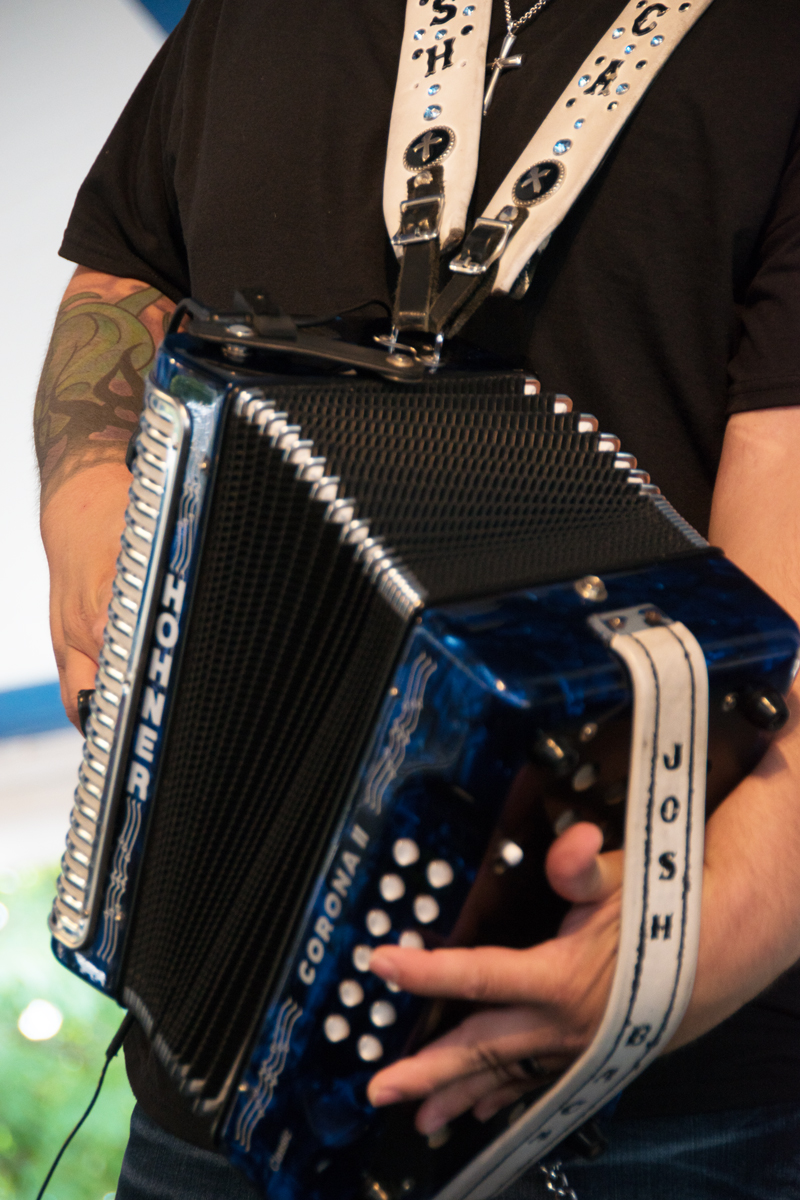 Festival - a free (!) and frenetic amalgam of music, food, and culture - is worth planning around, which is, exactly what we do.
Festival - a free (!) and frenetic amalgam of music, food, and culture - is worth planning around, which is, exactly what we do.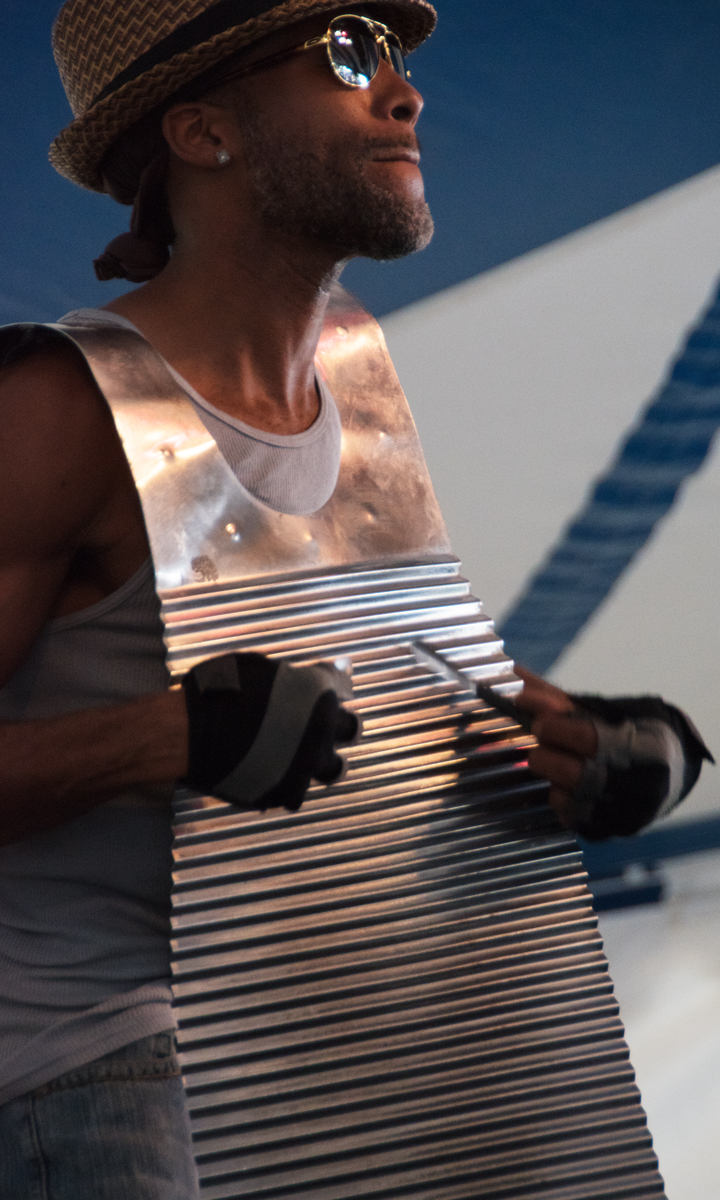 Over the 31 years that the festival has been here, it seems to me it has developed into a better and better version of itself. This year, with stellar weather, not too hot and most definitely not too humid, was one of the best.The music is naturally one of the biggest draws.
Over the 31 years that the festival has been here, it seems to me it has developed into a better and better version of itself. This year, with stellar weather, not too hot and most definitely not too humid, was one of the best.The music is naturally one of the biggest draws. 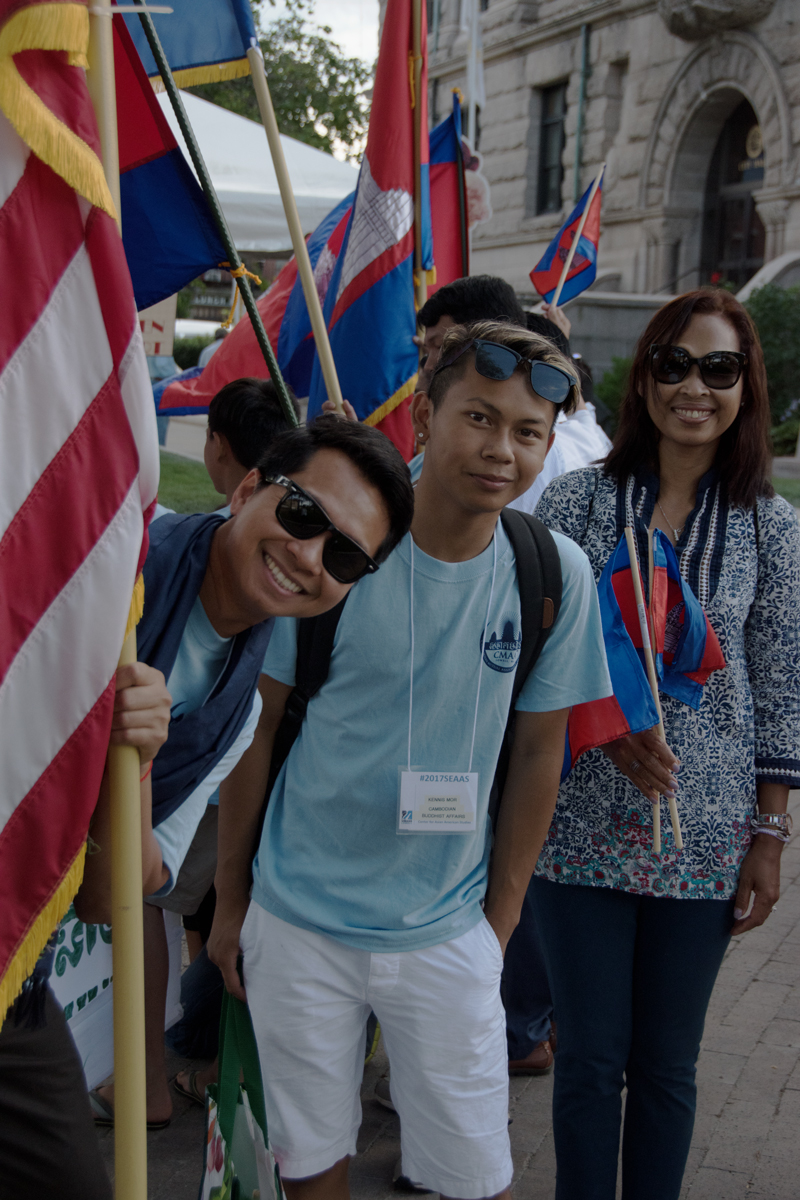 Where else can you go to sample everything from Armenian to Zydeco? I mean that literally. When we first started coming to the Festival, we would carefully plan out which bands to listen to, and that's not a bad strategy, really. But what we've done in recent times is move from place to place listening to music that is not necessarily in our cultural comfort zone. Doing so has been a great way to get some exposure to music we wouldn't necessarily listen to on Pandora or iTunes. Great stuff. Over the years, we've also come to appreciate Friday nights, the first night of Folk Festival. While the crowds and
Where else can you go to sample everything from Armenian to Zydeco? I mean that literally. When we first started coming to the Festival, we would carefully plan out which bands to listen to, and that's not a bad strategy, really. But what we've done in recent times is move from place to place listening to music that is not necessarily in our cultural comfort zone. Doing so has been a great way to get some exposure to music we wouldn't necessarily listen to on Pandora or iTunes. Great stuff. Over the years, we've also come to appreciate Friday nights, the first night of Folk Festival. While the crowds and 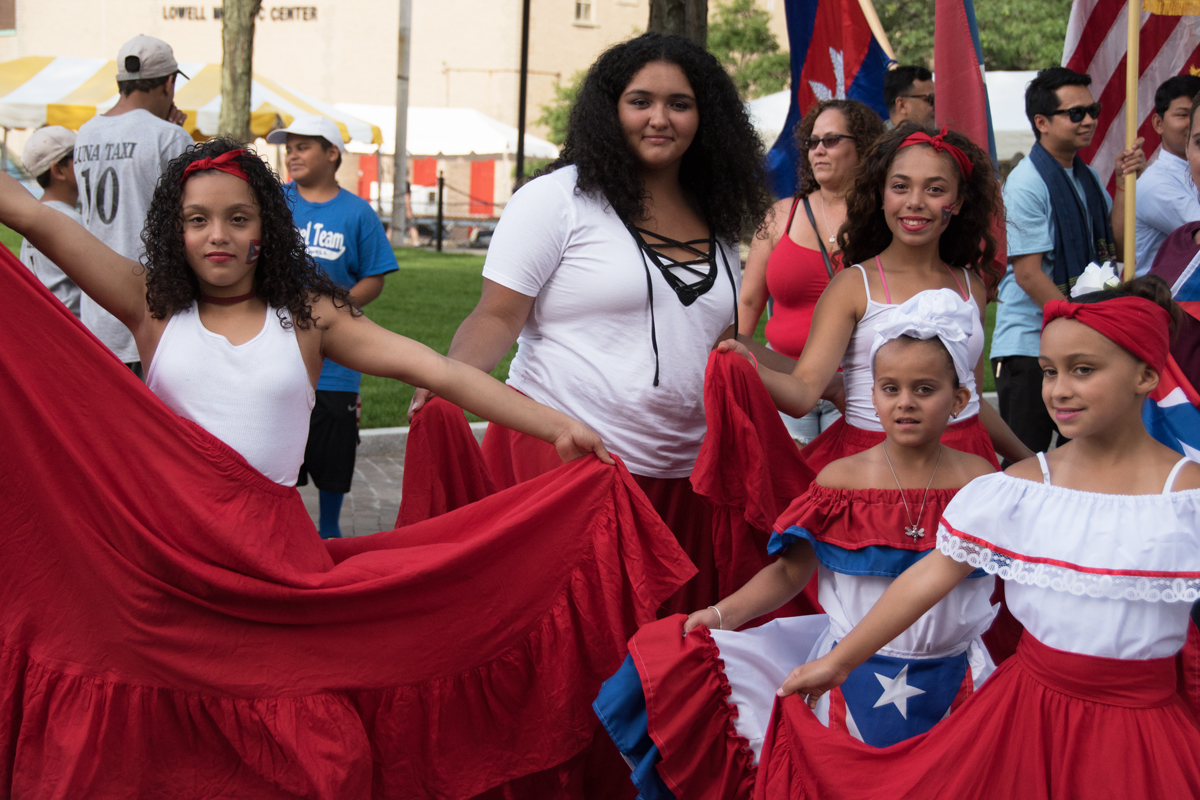 excitement of Saturday and Sunday of Festival weekend are energetic, there is a different kind of vibe to Friday. There is a goodly amount of community pride when the 6:30 parade kicks off. Representing many - not all - of the cultures of Lowell, it causes this Blowellian to realize what a special community we have here in Lowell. The diverse cultures making up our community fabric is a great source of pride for all of us. Long-established cultures that immigrated here during the hey days of the mills or newer immigrant groups establishing homes - all were represented in the kick-off to the weekend.
excitement of Saturday and Sunday of Festival weekend are energetic, there is a different kind of vibe to Friday. There is a goodly amount of community pride when the 6:30 parade kicks off. Representing many - not all - of the cultures of Lowell, it causes this Blowellian to realize what a special community we have here in Lowell. The diverse cultures making up our community fabric is a great source of pride for all of us. Long-established cultures that immigrated here during the hey days of the mills or newer immigrant groups establishing homes - all were represented in the kick-off to the weekend. 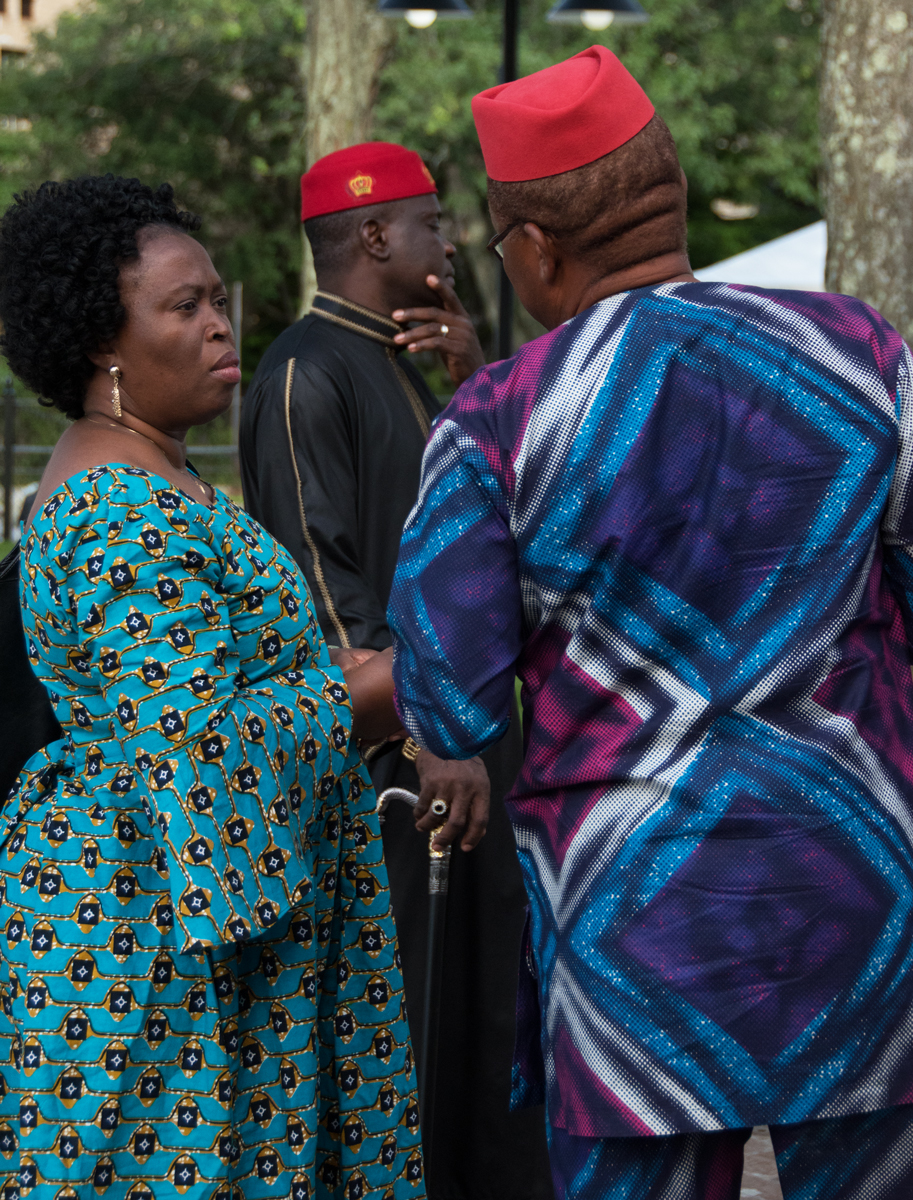 But there was a little something more this past Friday: there was a feeling of kind togetherness and consideration. A festival-goer, a stranger to me, insisted I take a cushion as I knelt down on the grass of Boarding House Park to photograph the parade. Random concert goers started up and
But there was a little something more this past Friday: there was a feeling of kind togetherness and consideration. A festival-goer, a stranger to me, insisted I take a cushion as I knelt down on the grass of Boarding House Park to photograph the parade. Random concert goers started up and  carried on conversations, enjoying the music and the collegiality. I think this shift in attitudes must have become contagious. One of the Park Rangers we spoke with on Sunday was delighted to point out his radio had been
carried on conversations, enjoying the music and the collegiality. I think this shift in attitudes must have become contagious. One of the Park Rangers we spoke with on Sunday was delighted to point out his radio had been 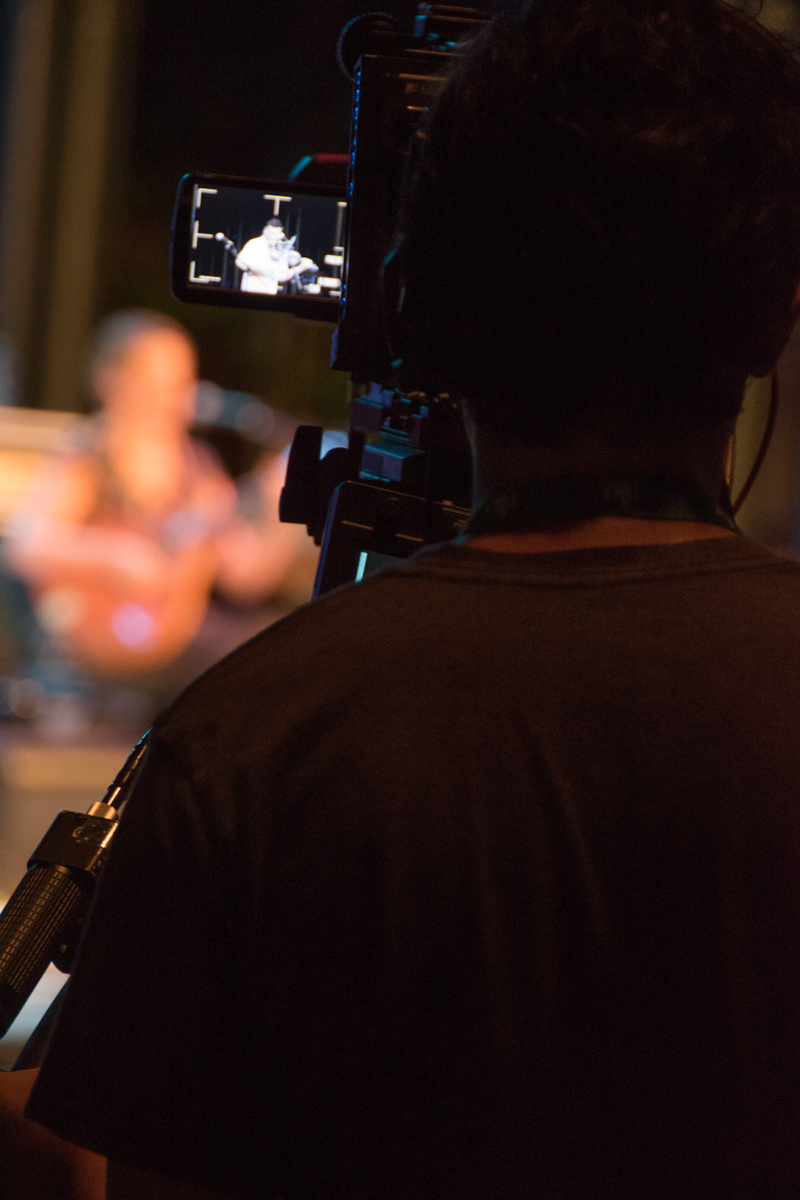 very quiet all weekend because, in spite of large crowds, everyone was well-behaved.An event of this size takes lots of organization and many, many dedicated volunteers - from fundraisers to recyclers to people who run the cameras for broadcast. If you were at this year's festival, you may have run into a few of them from the Bucket Brigade.
very quiet all weekend because, in spite of large crowds, everyone was well-behaved.An event of this size takes lots of organization and many, many dedicated volunteers - from fundraisers to recyclers to people who run the cameras for broadcast. If you were at this year's festival, you may have run into a few of them from the Bucket Brigade. 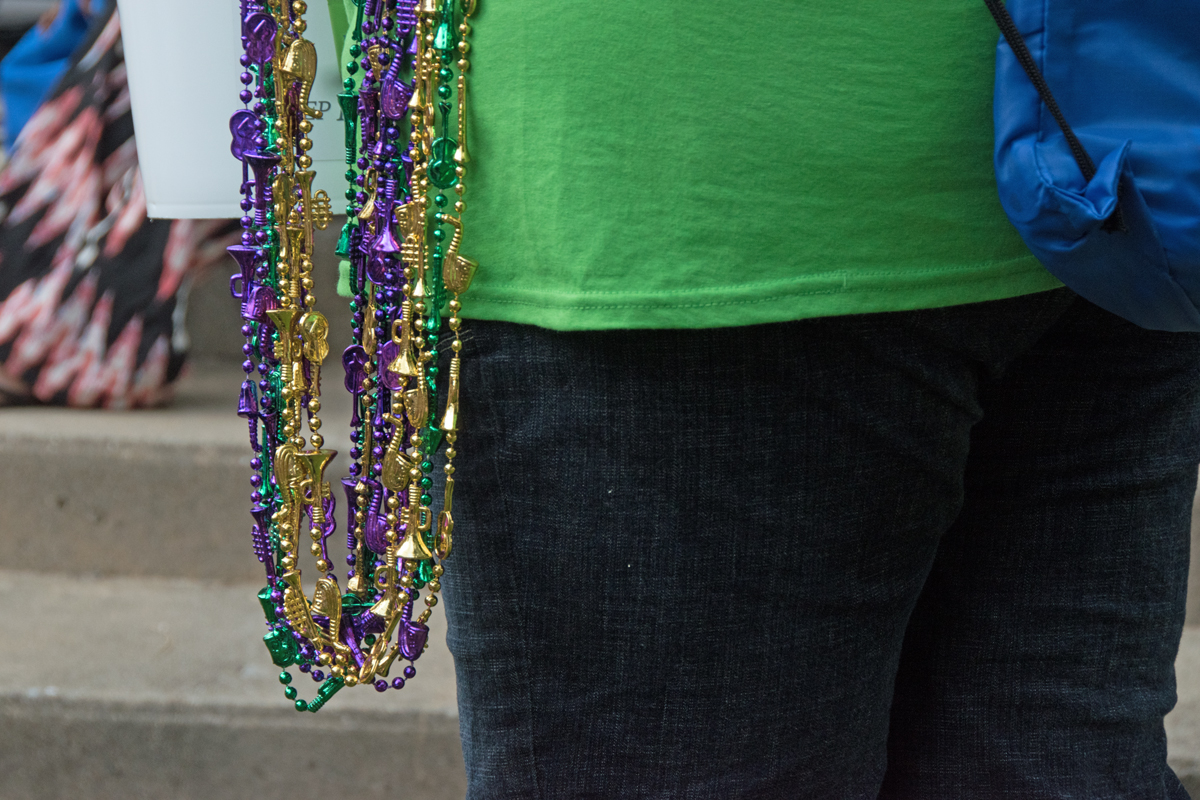 In order to put on a festival of this size, there is a huge financial commitment from community partnerships to donations large and small. You can continue to donate to the Lowell Festival Foundation's fundraising efforts and, in doing so, get ready for the next festival.Next summer, on the last weekend of July, the dedicated volunteers and sponsors who organize Lowell Folk Festival will do it all again for the 32nd time. I know where I will be, and I hope you'll join in the fun too.
In order to put on a festival of this size, there is a huge financial commitment from community partnerships to donations large and small. You can continue to donate to the Lowell Festival Foundation's fundraising efforts and, in doing so, get ready for the next festival.Next summer, on the last weekend of July, the dedicated volunteers and sponsors who organize Lowell Folk Festival will do it all again for the 32nd time. I know where I will be, and I hope you'll join in the fun too.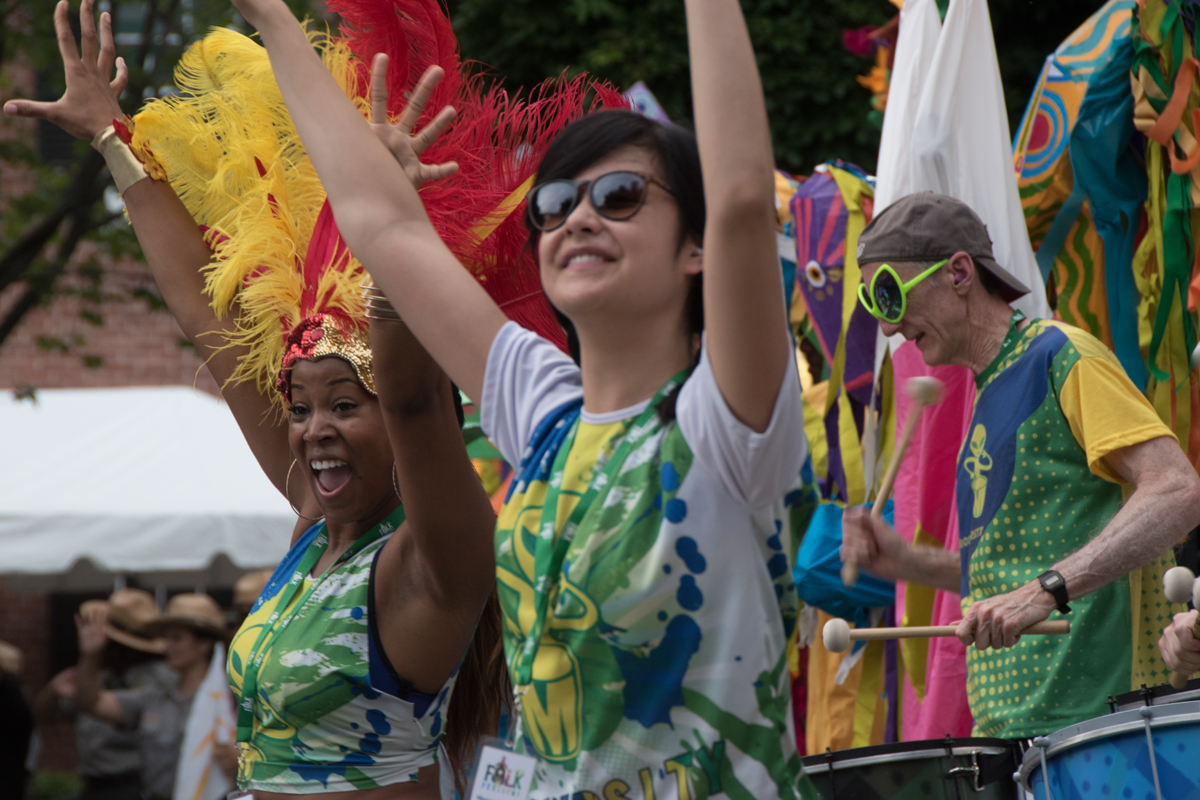
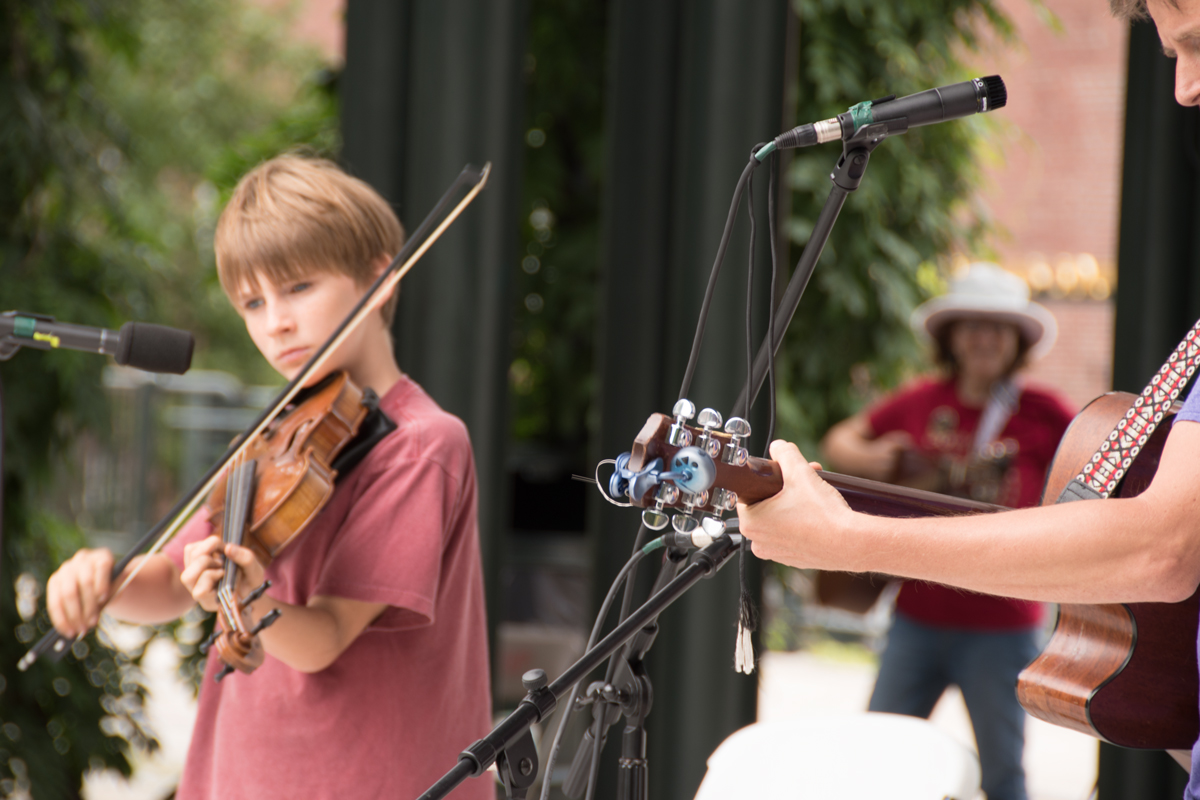 Is STEM the only thing? I'm asking for a friend.It occurs to me that in the rush to turn out worker bees for business sectors, the focus in education is more than a little skewed in favor of science, technology, engineering and mathematics. Yes, these are all important studies and part of a well-rounded balanced education. However, I am questioning that the focus on STEM has over-shadowed other content and curricula that, in my biased opinion, should be equally important.Because I see education in terms of an avenue toward a pursuit, observing the march of the bureaucrats toward the next great crisis in education is equally frustrating and alarming. Our educational goal should be to "hook" students into becoming life-long students, to foster curiosity and questioning and the drive to know more.And maybe that pathway toward becoming lifetime learners is through a STEM discipline, and perhaps it is not.As a student, my personal pathway into learning was through something quite different. I was a more-than-adequate reader, not a particularly skilled writer, and a horribly incompetent math student. What fired me up to become more disciplined about learning and more successful as a student, was a love and pursuit of music. The irony of this statement is that, as an adult, music has taken a backseat to the very disciplines that catch all the attention today - technology and mathematics.To me, it is more important to teach students to think critically, to process logically and, yes, even scientifically. Science, math, and technology are important and great ways to get to those problem-solving and thinking skills. But other disciplines can be a means to this end - and toward the goal of fostering and enduring desire to learn - too. And for the student whose interest in learning lies in arts and humanities, exclusion of such pursuits leave them flat.So while our education policy makers direct a refocus on science, technology, engineering, and mathematics, I hope there might also be a similar pursuit of arts and humanities. Because, in my opinion, there is a need to balance educational pursuits across all disciplines.
Is STEM the only thing? I'm asking for a friend.It occurs to me that in the rush to turn out worker bees for business sectors, the focus in education is more than a little skewed in favor of science, technology, engineering and mathematics. Yes, these are all important studies and part of a well-rounded balanced education. However, I am questioning that the focus on STEM has over-shadowed other content and curricula that, in my biased opinion, should be equally important.Because I see education in terms of an avenue toward a pursuit, observing the march of the bureaucrats toward the next great crisis in education is equally frustrating and alarming. Our educational goal should be to "hook" students into becoming life-long students, to foster curiosity and questioning and the drive to know more.And maybe that pathway toward becoming lifetime learners is through a STEM discipline, and perhaps it is not.As a student, my personal pathway into learning was through something quite different. I was a more-than-adequate reader, not a particularly skilled writer, and a horribly incompetent math student. What fired me up to become more disciplined about learning and more successful as a student, was a love and pursuit of music. The irony of this statement is that, as an adult, music has taken a backseat to the very disciplines that catch all the attention today - technology and mathematics.To me, it is more important to teach students to think critically, to process logically and, yes, even scientifically. Science, math, and technology are important and great ways to get to those problem-solving and thinking skills. But other disciplines can be a means to this end - and toward the goal of fostering and enduring desire to learn - too. And for the student whose interest in learning lies in arts and humanities, exclusion of such pursuits leave them flat.So while our education policy makers direct a refocus on science, technology, engineering, and mathematics, I hope there might also be a similar pursuit of arts and humanities. Because, in my opinion, there is a need to balance educational pursuits across all disciplines.